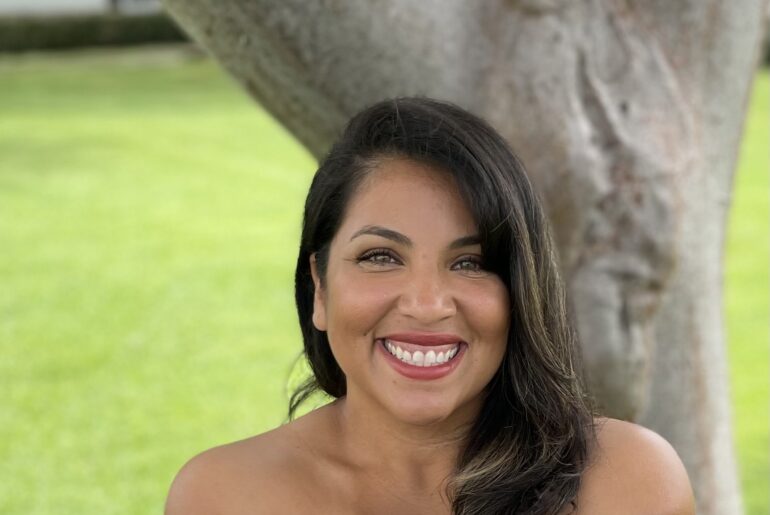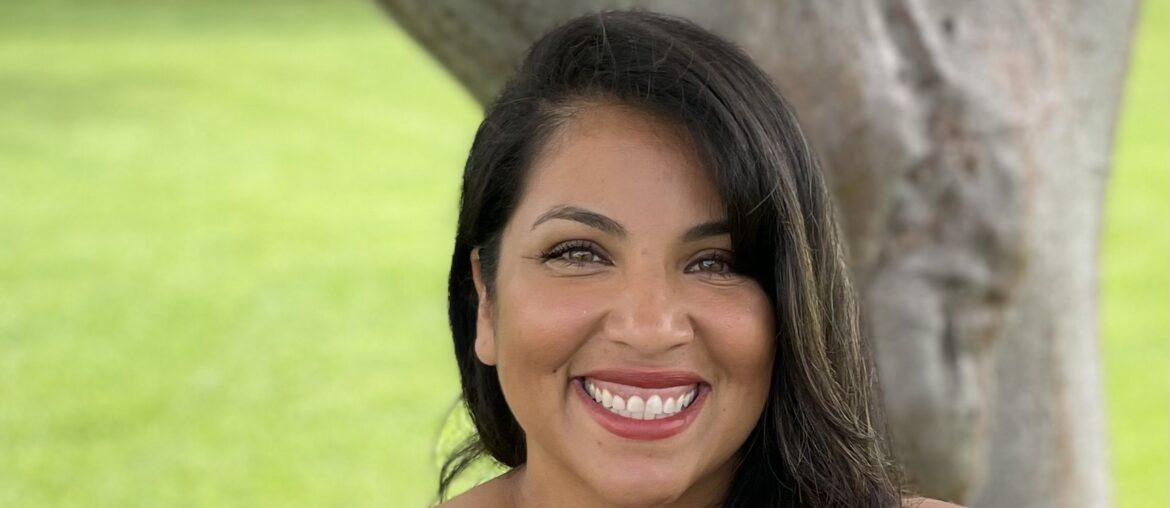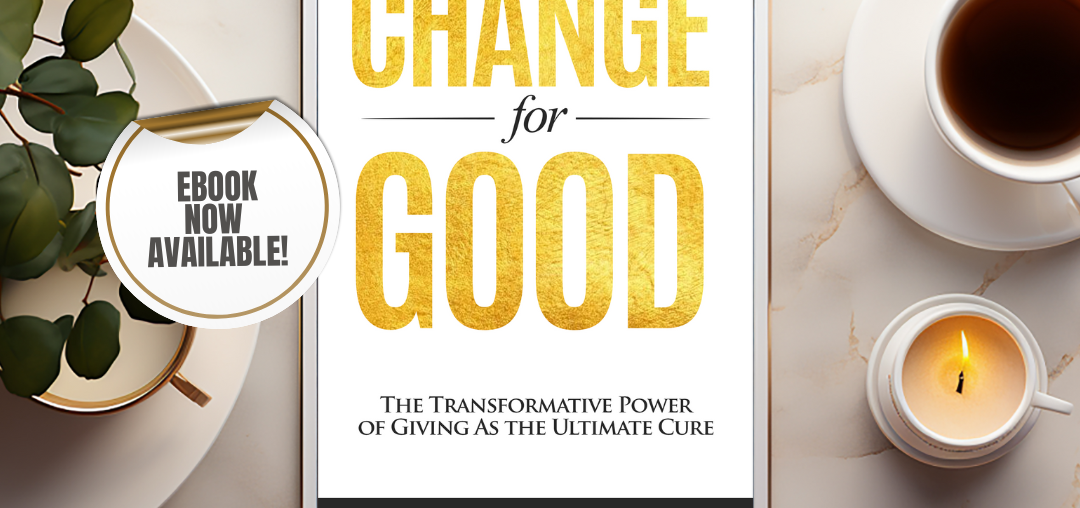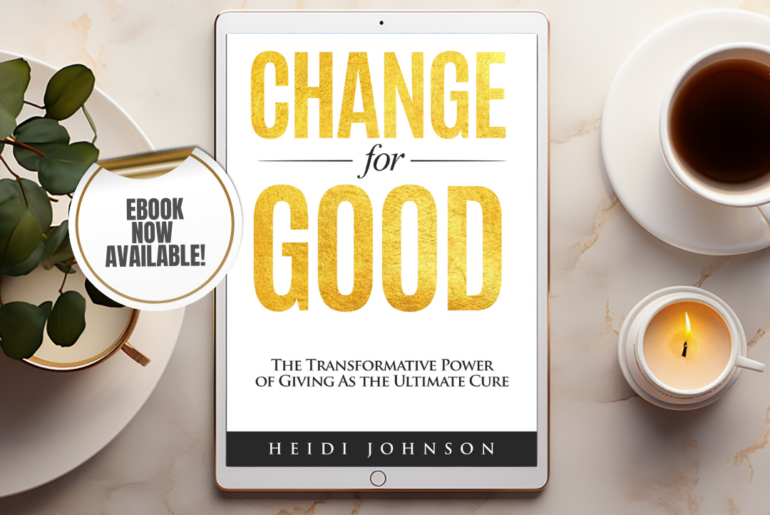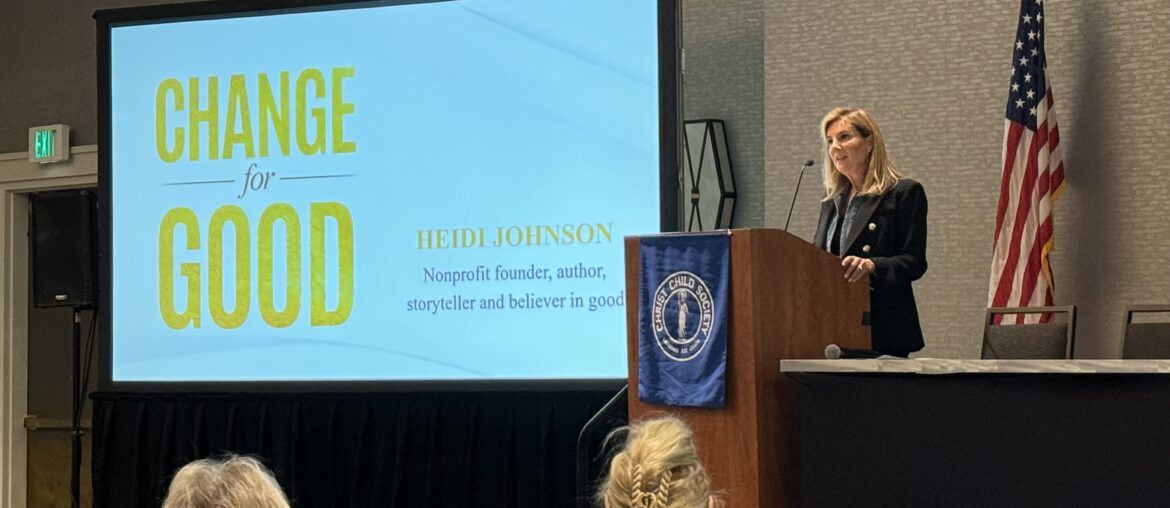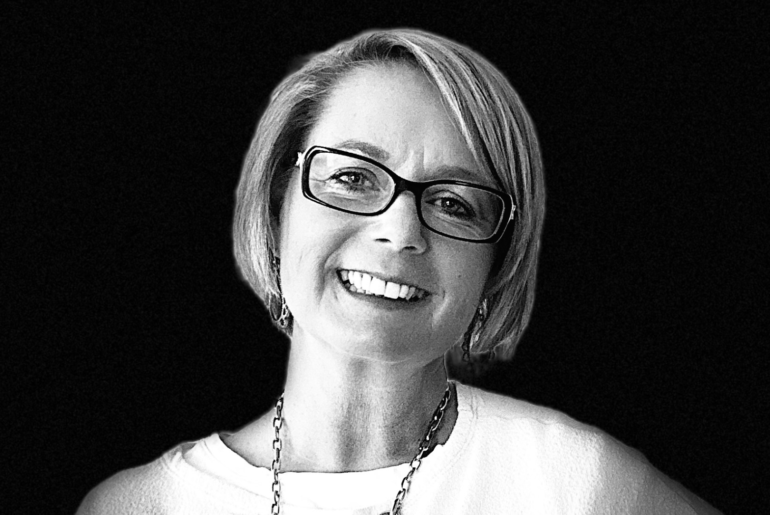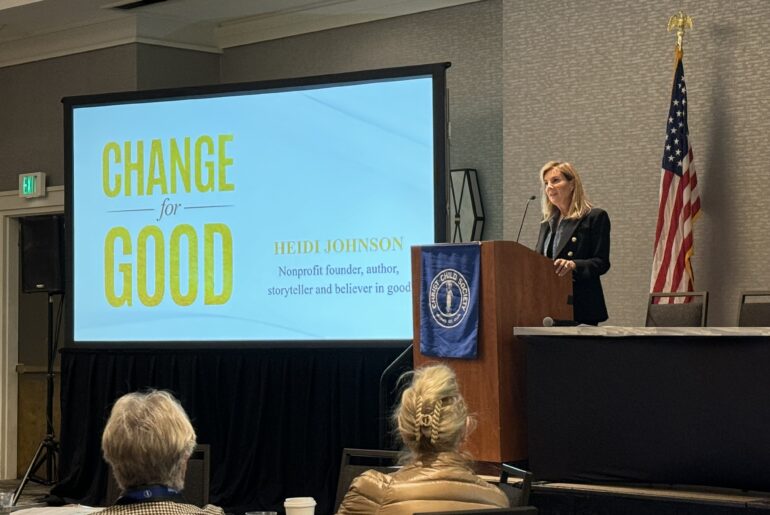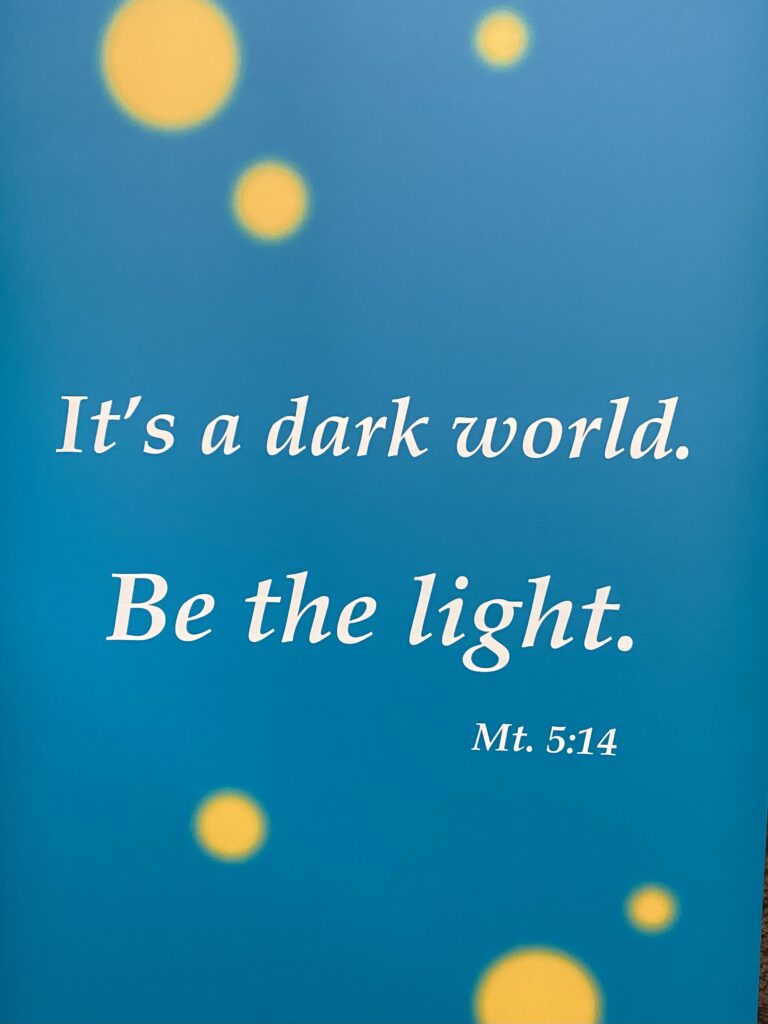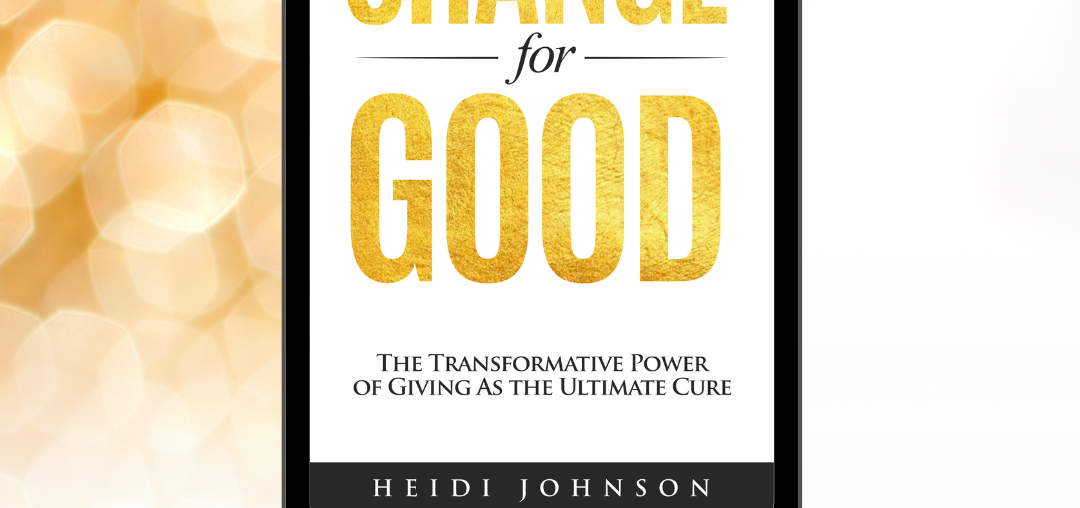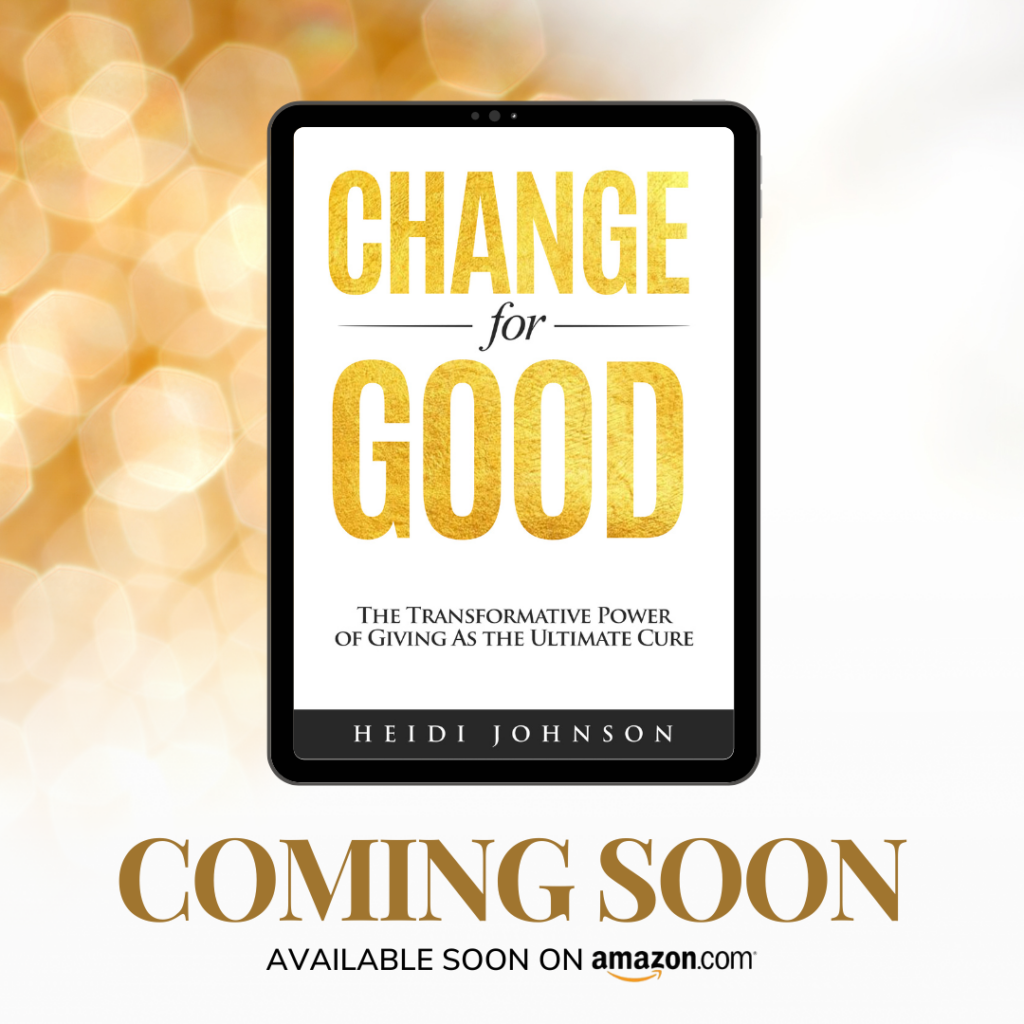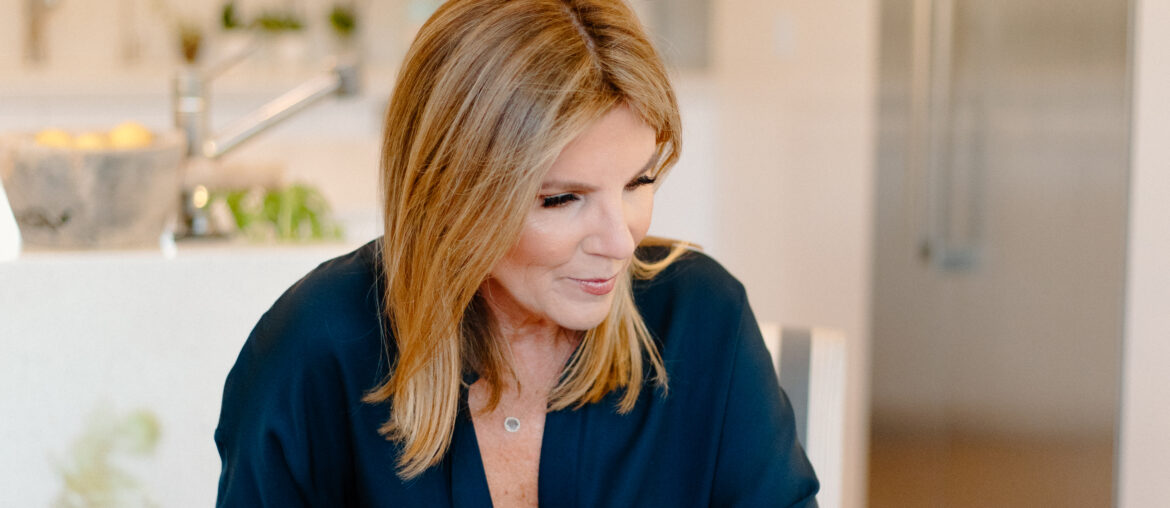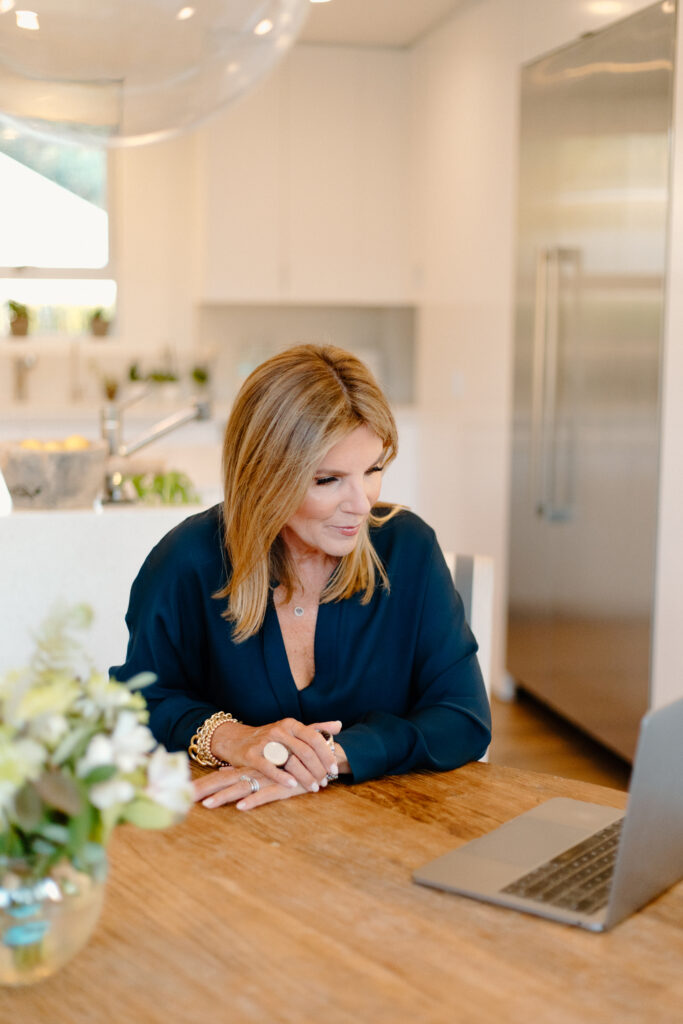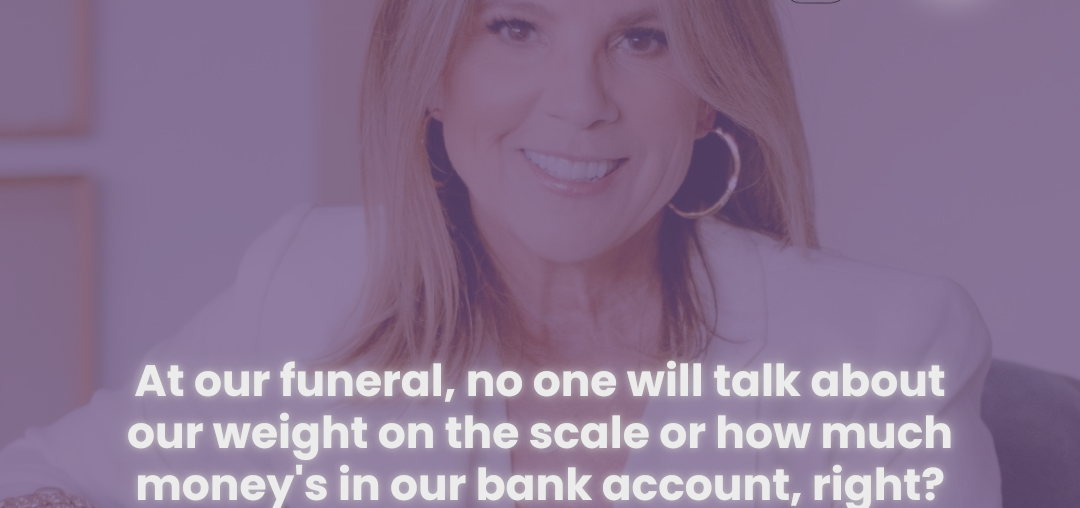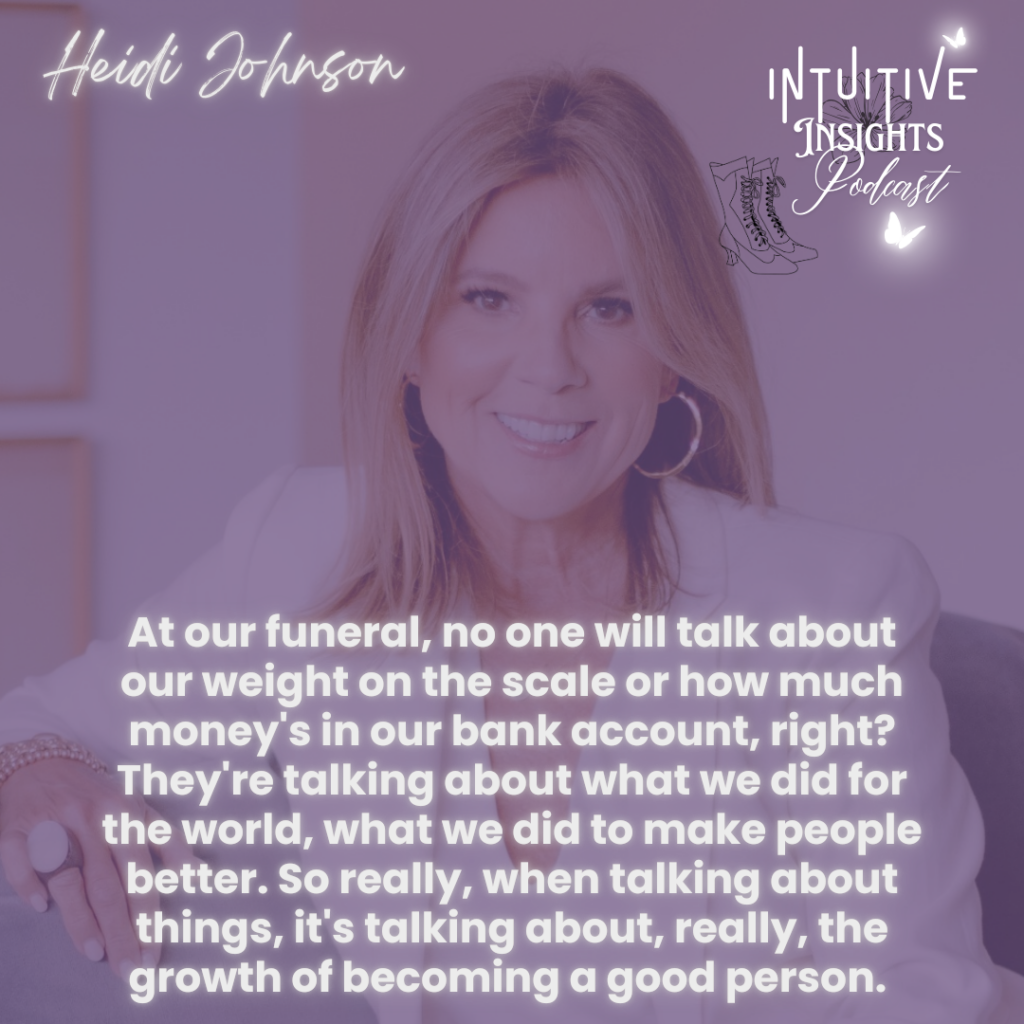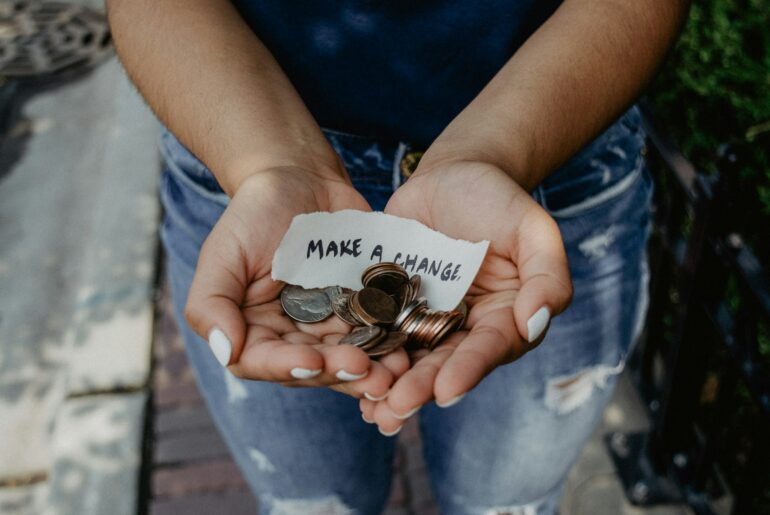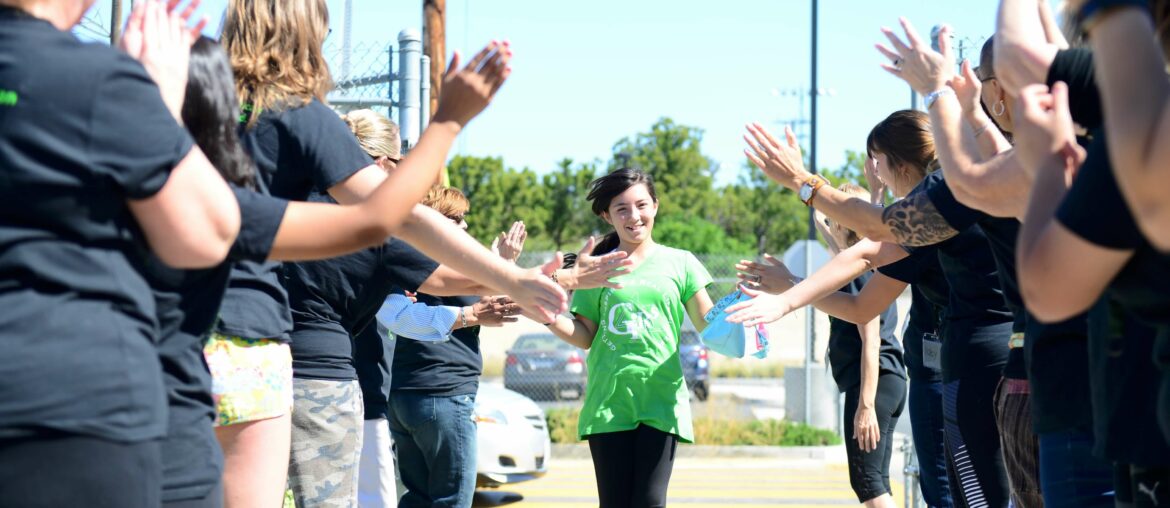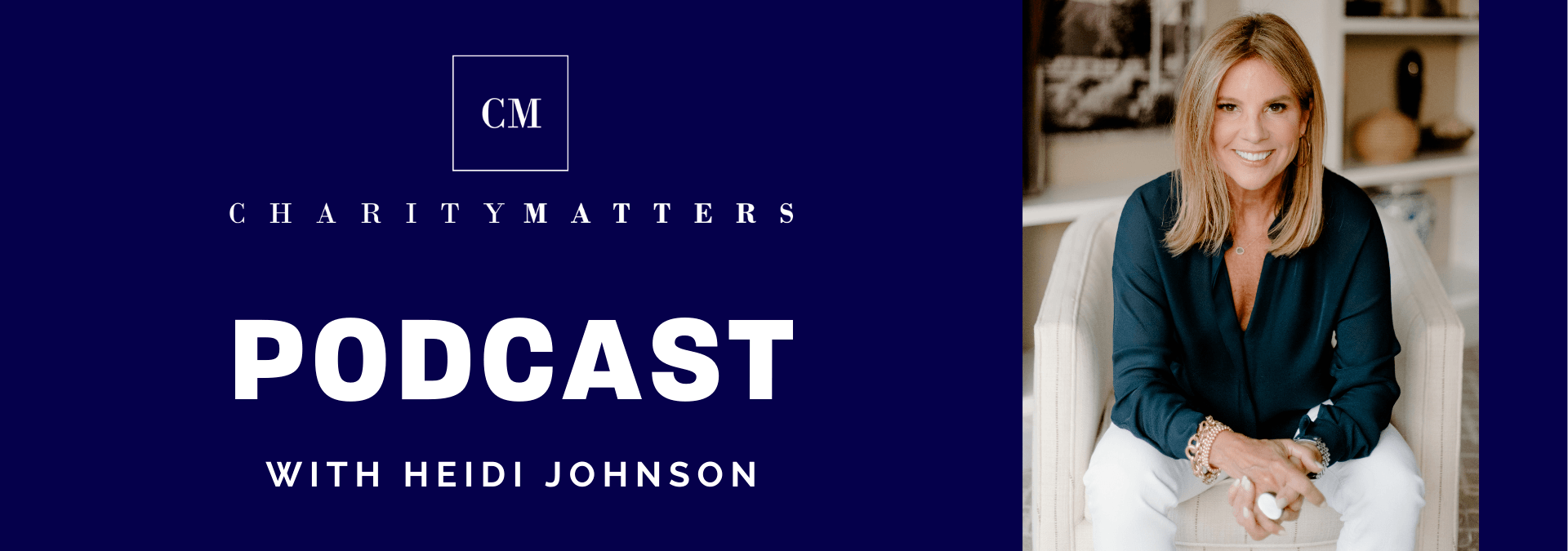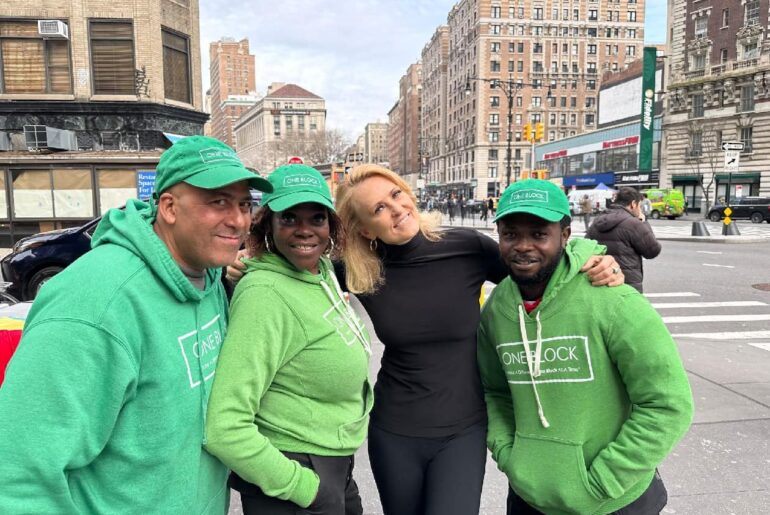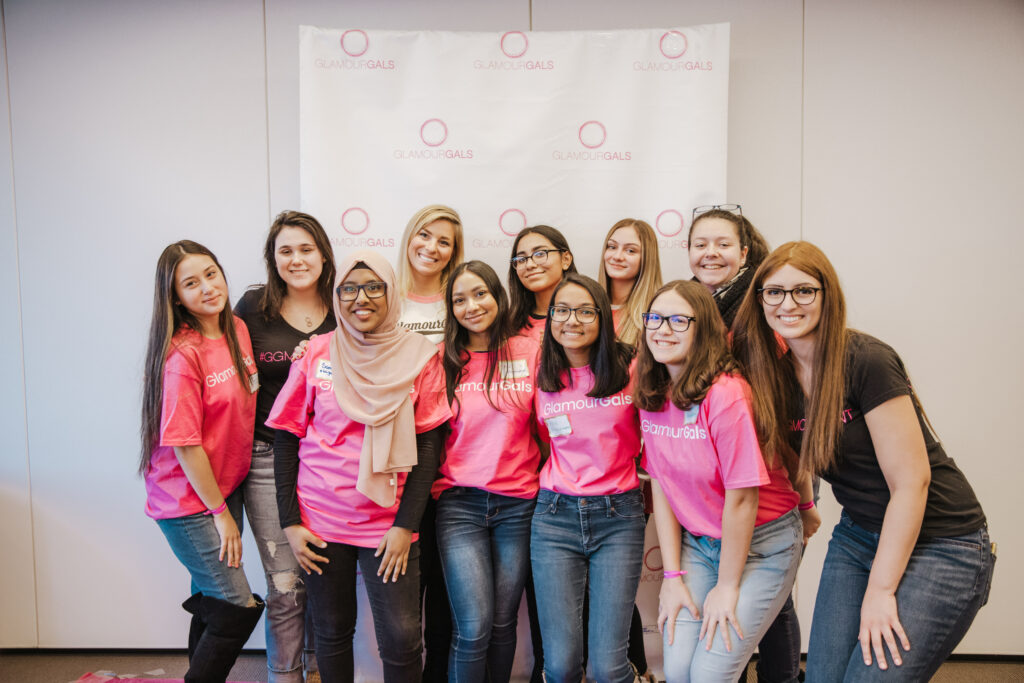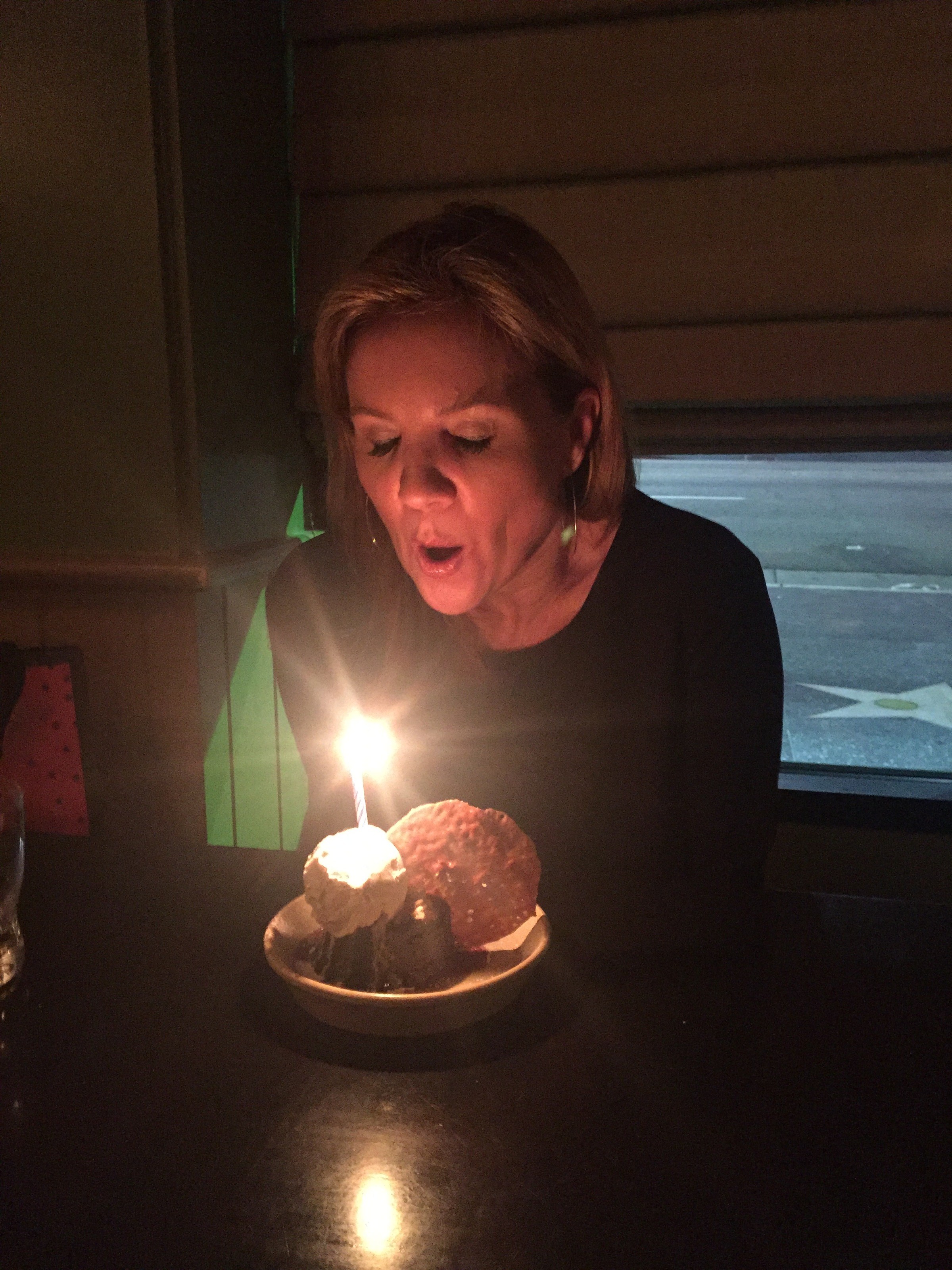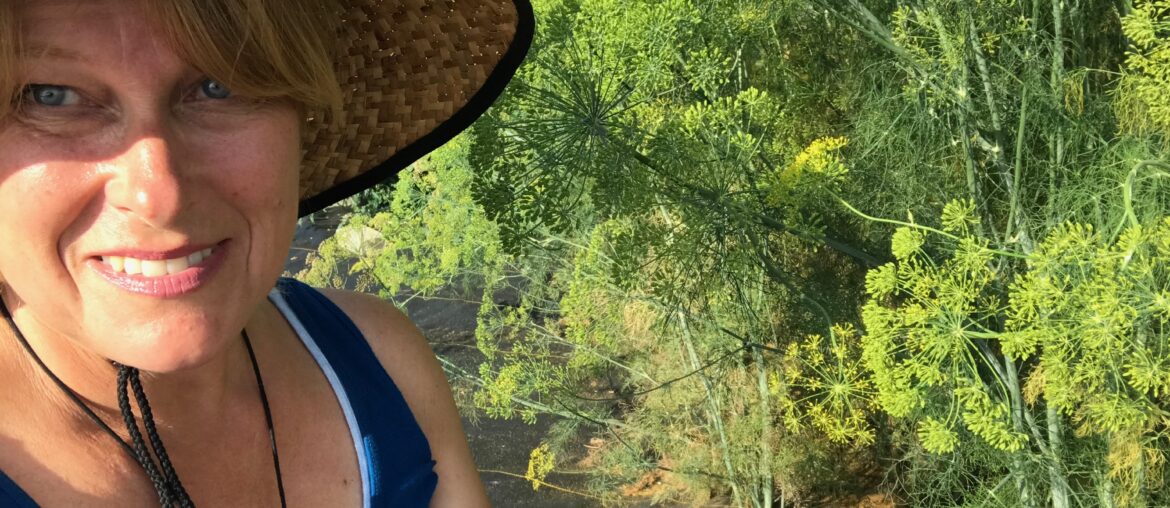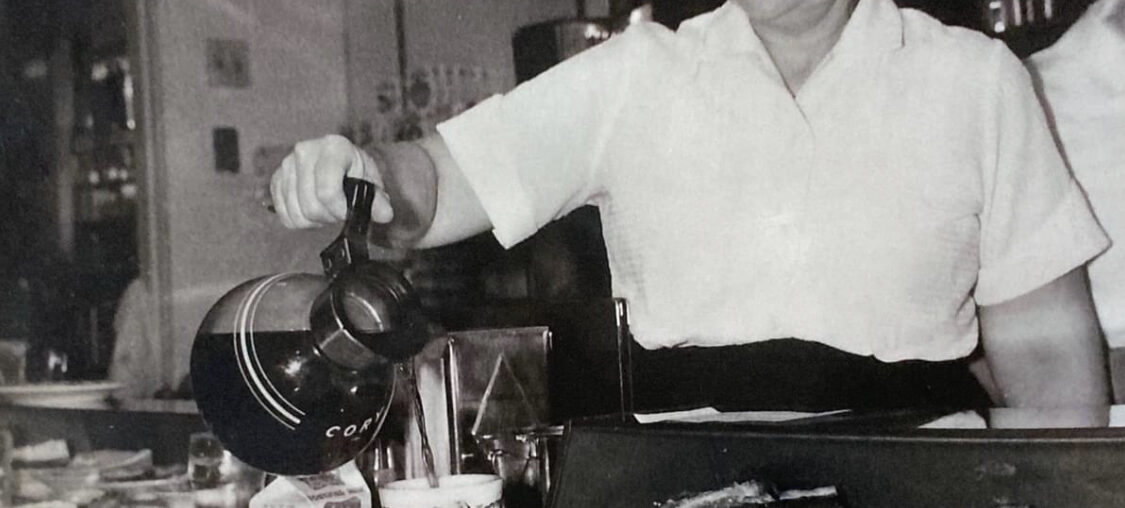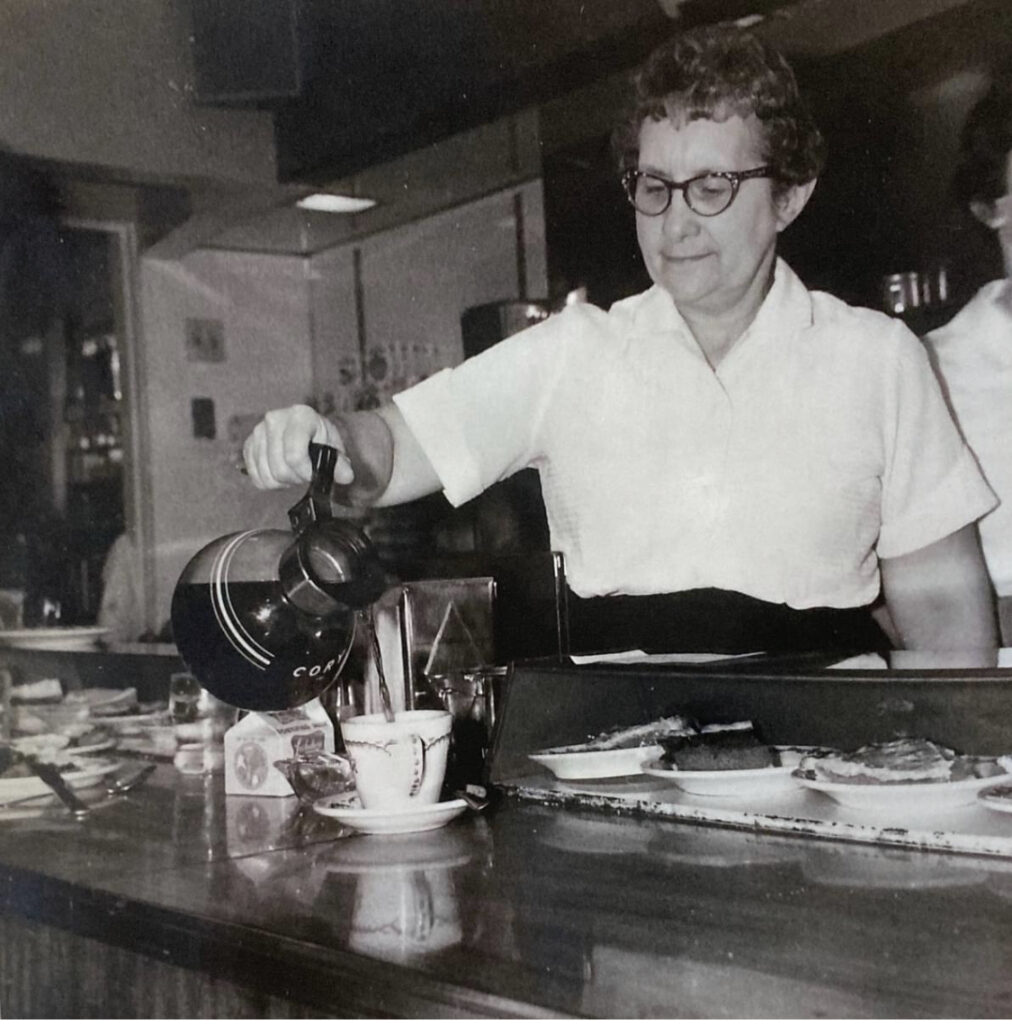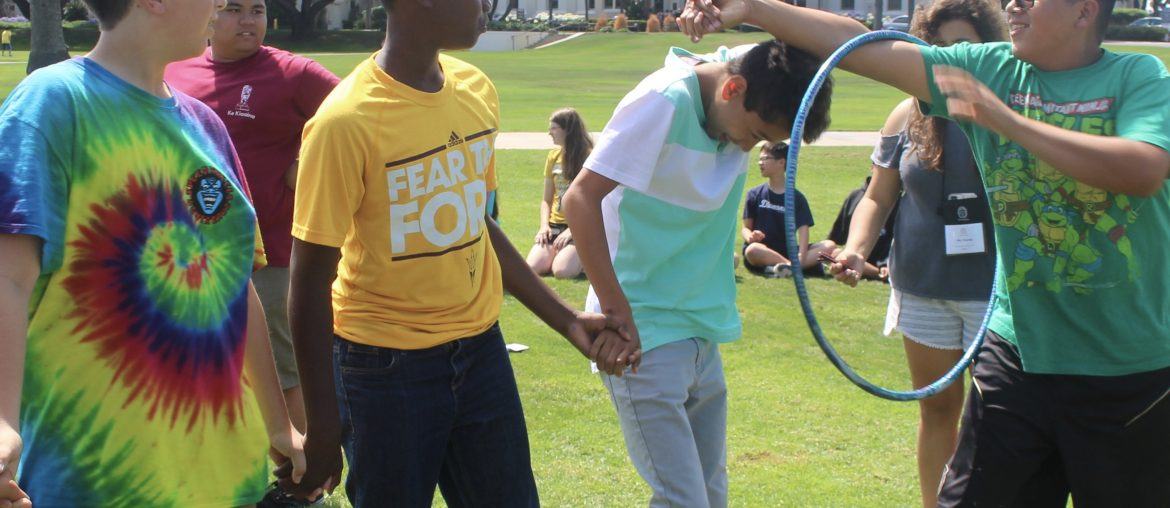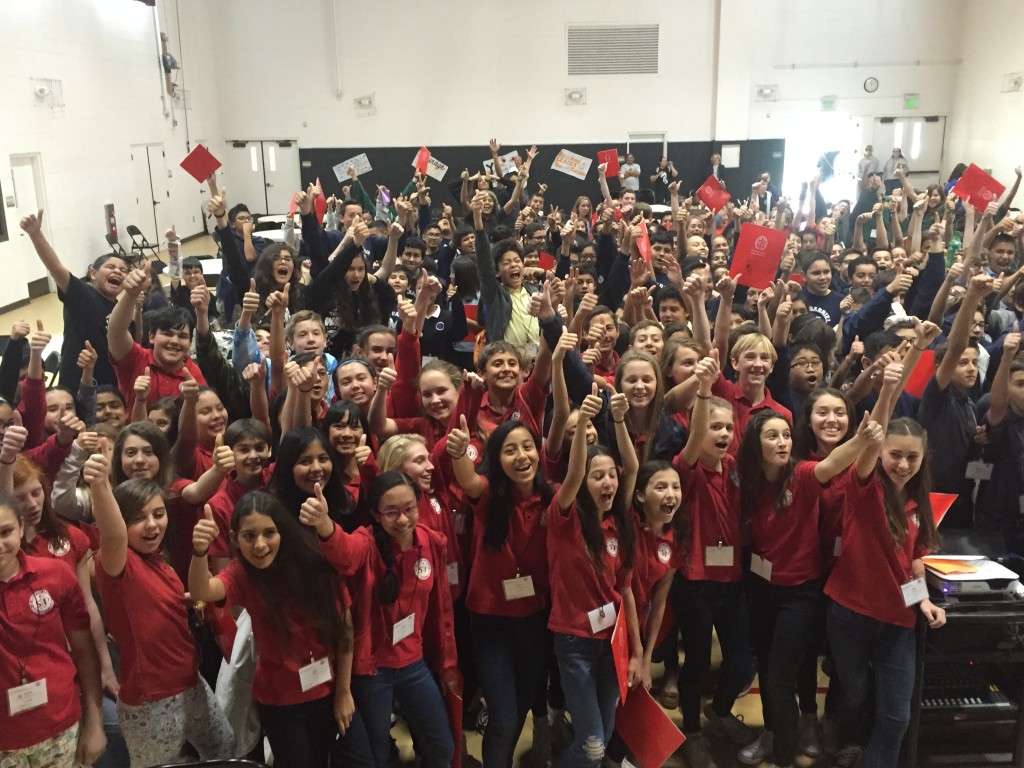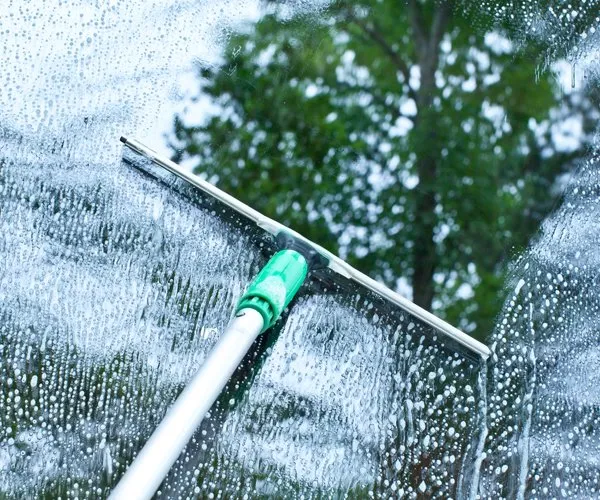
As most of you know I have spent the past few months wrapping up the book. In the process, the publisher is an amazing connector and loves to bring all of her authors together for weekly coffee connections via zoom. It is so great to meet other female authors and some of the most interesting and inspiring women. A couple months back I was in a zoom chat room when I met Siobhan Shaw, a fellow nonprofit founder.
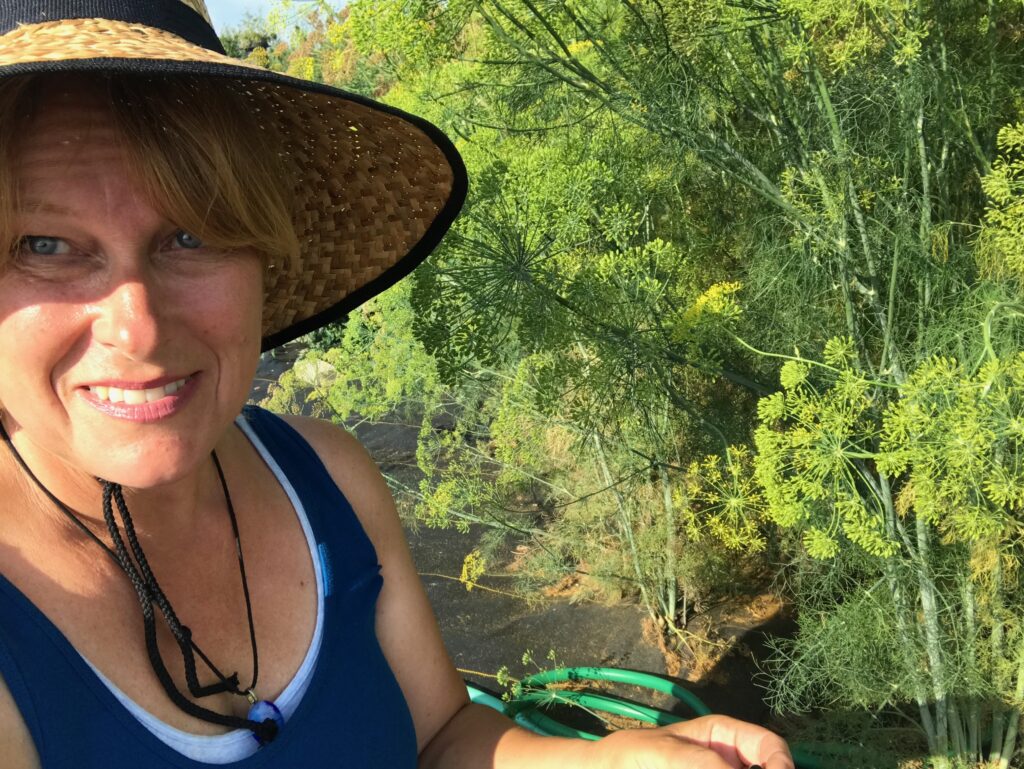
I’m so excited to share Siobhan and her husband, John’s, incredible story in the creation of their nonprofit, Growing to Give. Their story is a beautiful full circle reminder of following your heart, your roots and always thinking of ways to serve others.

Here are a few highlights from our conversation:
Charity Matters: Tell us a little about what Growing to Give does?
Siobhan Shaw: Our mission is to provide sustainable agricultural systems to small scale community farmers in marginalized and climate vulnerable communities. We help them grow more food with less resources, specifically water, fertilizer, space, labor, and increase their production and the quality of the food coming off their farms and gardens. So that when they’re giving the food they grow to food banks, or they’re selling it through farm markets to actually support the operations, their nonprofit operations, they are actually turning a profit in a nonprofit way.
We want to free people from hunger, we have partners in Africa and 60% of the population of Africa is going hungry. There’s to be no one going to bed hungry at night, by choice.
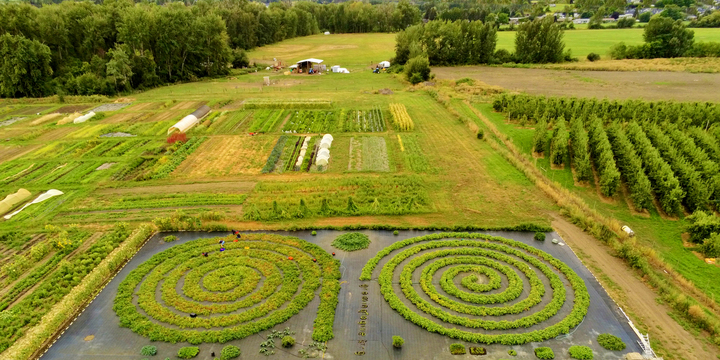
Charity Matters: Did you grow up in a philanthropic family?
Siobhan Shaw: I grew up on a farm. I was the lucky one. My mom was the farmer. My dad went to work. They had both served in World War II. Not only had my parents served their country, and sacrificed greatly. They lived through the Depression as young people and then they raised five children.
We took not only care of the environment, and we took care of other people. If you didn’t have something, somebody else had something. There was a lot of trading and there was always people coming to our home. We had this big dining room table, and it was full with family as well as with people that didn’t have a place to go.. Helping people was just in my DNA.
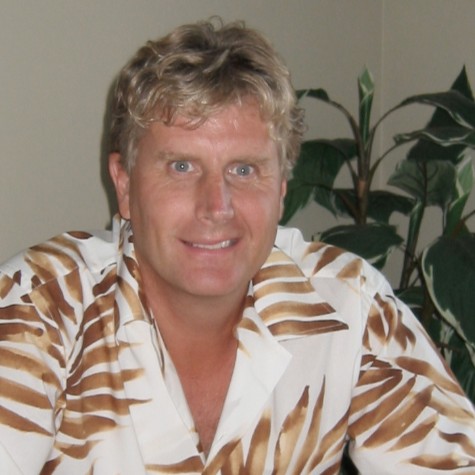
Charity Matters: What was the moment you knew you needed to act and start Growing to Give?
Siobhan Shaw: My husband John grew up on a farm as well. So we had already been together, almost a decade. I was in the film industry in casting and producing. John was in construction and our life was amazing. Then I got a call from John that he’d been rushed to the hospital. He just received a call from the doctor and he was told he had stage four cancer. It was the moment in my life, where my entire world just collapsed. This was out of left field and there was so much heartbreak and fear.
So oncome, the surgeries and the chemo rounds and then one day, he went up for a nap. When he came down a few hours later he said, “I think I died. I saw the white light. There was a big glowing light. And I’m back, because I have something to do.” John didn’t know what it was but he was absolutely changed from that moment on. He had this profound near death experience and with it a renewed purpose in life. So he went traveling because he didn’t know what it was he was supposed to be doing here.
During his travels, he noticed that there was a lot of a lot of mention about farmers committing suicide. What was happening around then was that the rain belt had shifted from the breadbasket of Australia. So this was natural rain that farmers used so they didn’t need irrigation. Now their crops were being destroyed and the farmers were giving up. John came back and he just started tinkering and started cutting holes in pots. I had no idea, I thought he’d lost his mind. John learned how to write his own patents and he developed all kinds of different systems: water reduction systems for agriculture.
We were ready to start manufacturing when John said,”We can get these units on the shelves at the big box stores, but I don’t feel that’s what I was called to do. I feel like I need to give this away to the world and to people that really need our help. I want to find a way to help them and give it away to them. If we can give somebody the tools that they need to have a productive farm, then they won’t need help anymore. That is how we started.
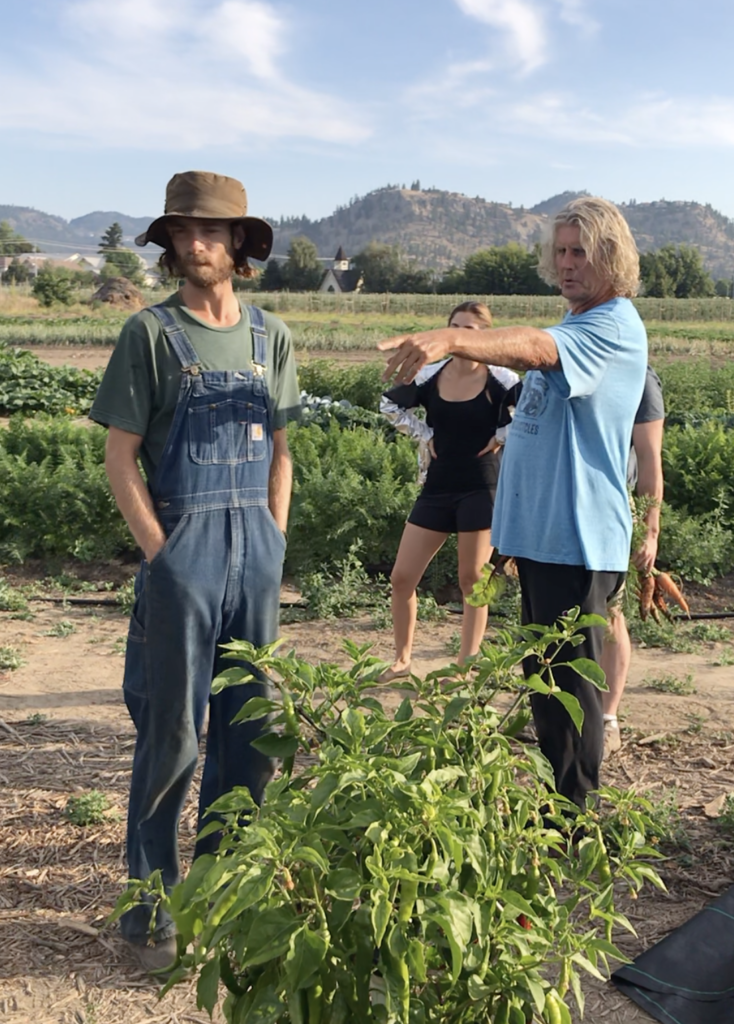
Charity Matters: What are your biggest challenges?
Siobhan Shaw: We received our nonprofit status on December 24th, 2019 and just months later the world shut down. So that was a challenge. We were just getting started. Like all nonprofits, funding is always a challenge.
Charity Matters: What fuels you to keep doing this work?
Siobhan Shaw: I think John keeps me going. And then the fact that we both grew up in rural communities, we know what hard work is.
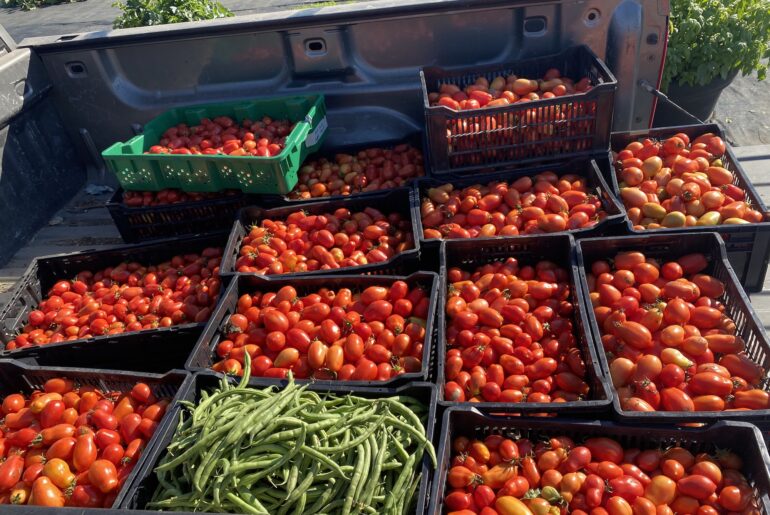
Charity Matters: Tell us what success you have had and what your impact has been?
Siobhan Shaw: We’ve grown and given away over 100,000 pounds of produce to local food banks. We will never know the impact from the people who received that food. We do see an impact with the community of volunteers who work on the farm with us.
In addition to our work here in Arizona, we partner with other nonprofits in communities around the United States, in the Caribbean, and Africa. These are three areas that really need our help. So we have about 30 partnerships and we’re working to write grants to help us give these people sustainable systems from The Crop Circle Farm and Garden Systems.
Charity Matters: If you could dream any dream for your organization, what would that be?
Siobhan Shaw: I don’t think when we had the idea of Growing to Give that we’d really thought about anything other than we just want to free people from hunger around the world. I guess that was the big idea, right? That was the moonshot.
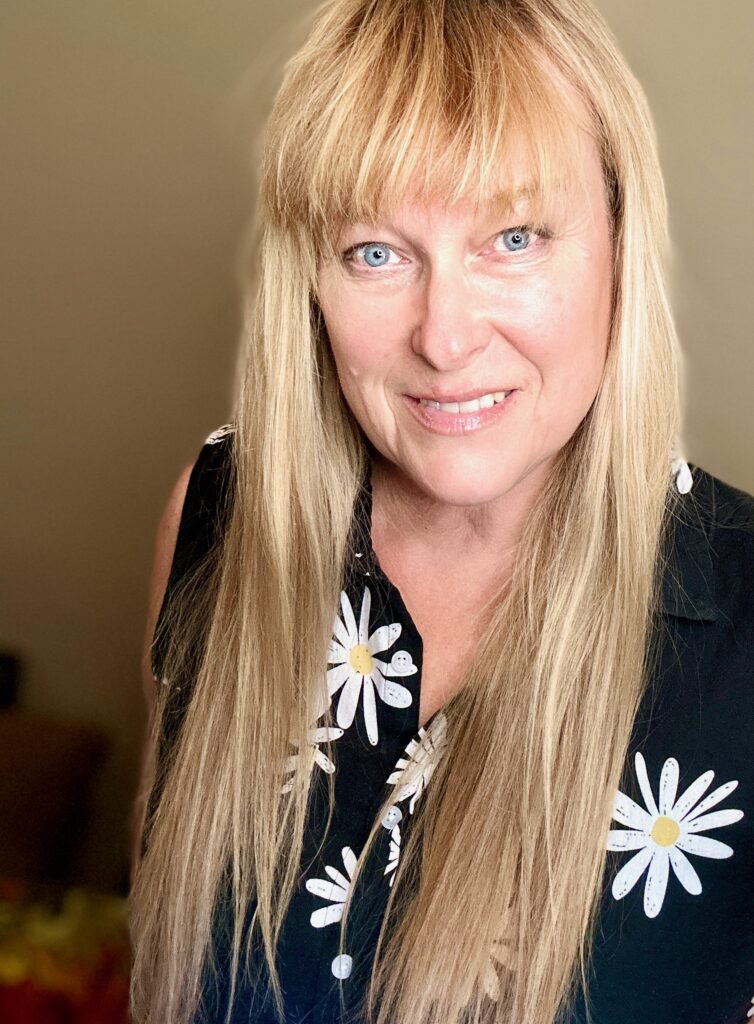
Charity Matters: What life lessons have you learned from this experience?
Siobhan Shaw: That you can turn adversity into opportunity. That’s beautiful opportunity for community. Because it’s not about you. There are lots of people who are self-serving. It was all about me and then life changed for me and for John, too. We went from things being all about us, to what can we do to serve? How can we help? You know, and so we transformed. It’s taking that negative and transmuting it. So even if any negativity comes into your life, look at it as a divine moment. You can transmute that negativity into positive, life affirming opportunities that help everybody.
I just want to leave you with something John told me when he was really close to death. He looked at me and said,” Love is the only thing you take with you and the best thing you leave behind.”
CHARITY MATTERS.
YOUR REFERRAL IS THE GREATEST COMPLIMENT, IF YOU ARE SO MOVED OR INSPIRED, WE WOULD LOVE YOU TO SHARE AND INSPIRE ANOTHER. If you enjoyed today’s episode, please connect with us:
Copyright © 2024 Charity Matters. This article may not be reproduced without explicit written permission; if you are not reading this in your newsreader, the site you are viewing is illegally infringing our copyright. We would be grateful if you contact us.
